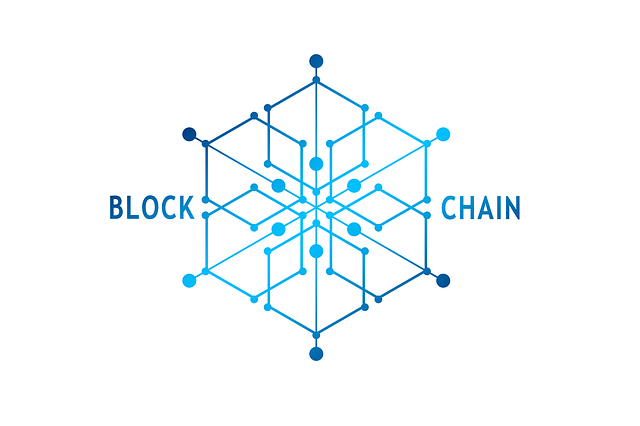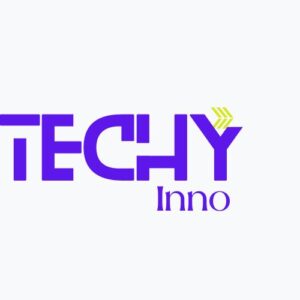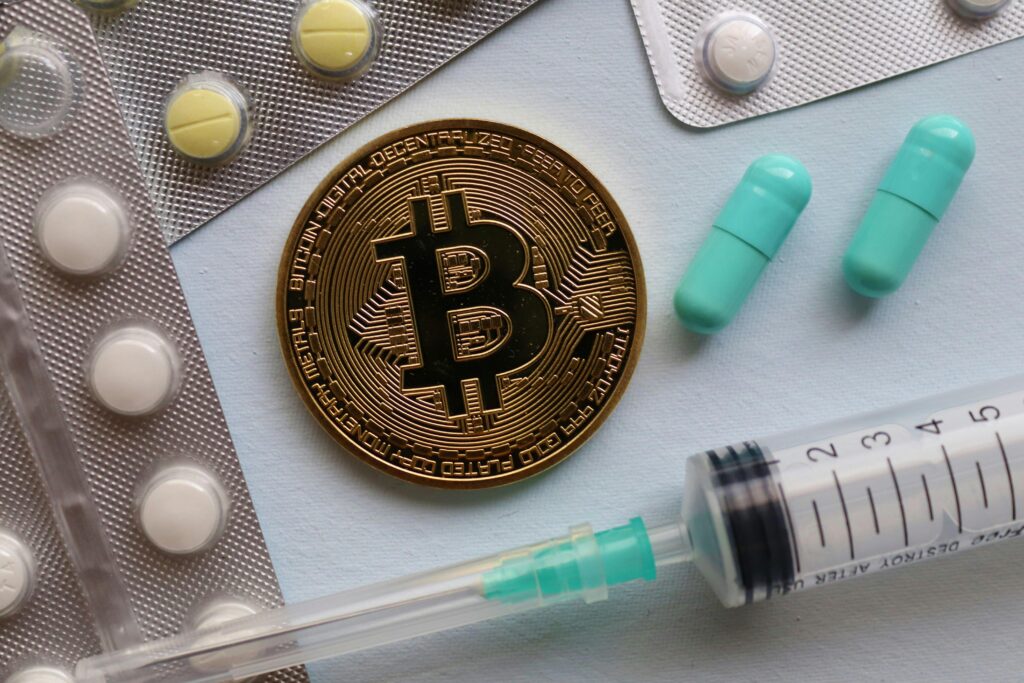The pharmaceutical industry is an essential part of global healthcare. The industry needs to supply the medications, required to improve the lives and healthcare system. However, it also faces significant challenges, including issues of complex supply chains, counterfeit drugs, and patient data security. In the recent years, blockchain technology has emerged as a promising solution to these challenges, offering greater transparency, security, and efficiency. This article explores the potential of blockchain in the pharmacy sector and how it can drive transformative changes across the industry.

How to understand blockchain?
Blockchain is a decentralized and distributed ledger technology. It records transaction in a way that ensures transparency, security, and immutability. Consequently, each “block” of data is linked to the previous one. Thus; it ensures each entry can’t be changed without altering all subsequent blocks. This structure offers significant advantages for industries that require secure, reliable, and tamper proof data management framework. Consequently, this makes blockchain especially relevant for pharmaceuticals.

What are the Challenges in the Pharmaceutical Industry?
Before exploring blockchain’s applications in pharmacy, it’s essential to understand the challenges the industry faces:
Counterfeit Medication
The World Health Organization (WHO) estimates that 10% of medicines in the global market are counterfeit, posing severe health risks to patients.
Supply Chain Complexity
The pharmaceutical supply chain involves multiple stakeholders and organizations– from manufacturers, suppliers and distributors to pharmacies and the hospitals. In fact, this complexity can lead to inefficiencies and lack of transparency.
Patient Data Security
Handling sensitive patient data is of critical importance, and the pharmaceutical industry is constantly at risk of certain data breaches and the cyberattacks.
Blockchain technology has the potential to address these issues, therefore; paving the way for a safer and more efficient pharmaceutical ecosystem.

How to Improve Drug Traceability and Combat Counterfeits with Blockchain?
Blockchain enables end-to-end traceability of medications from the manufacturer to end user. This helps to verify the authenticity of drugs. The pharmaceutical drug industry can track and verify each stage in the journey of drug delivery with the help of assigning a unique identifier to each product. This can make it virtually impossible for the counterfeit drugs to enter the market undetected. Also, it ensures that all the stakeholders can view the immutable records of the medication’s origin and journey. For example, IBM’s blockchain platform used in collaboration with giant pharmacy has shown its great potential in tracking the manufacturing, distribution, and sale of drugs. Therefore; ensuring each product is genuine and safe to use.
How Blockchain enhances the Transparency Supply Chain?
Blockchain can optimize the pharmaceutical industry supply chain. In this case, it can provide a unified and transparent view of product movement. As a result, each transaction is securely recorded in the blockchain enabled supply chain. Therefore; it reduces the chances of errors, miscommunications, and fraud. In addition, the real-time tracking can improve the efficiency of drug distribution, and reduce the delays of delivery.
How Blockchain can help the Supply Chain Efficiency?
Smart contracts in the blockchain can automate and validate the transactions between stakeholders. They reduce the need for intermediaries and can minimize the human error. Moreover, not only they cuts costs but also enable the supply chain process more responsive to on-demand. Hence, the shortages or excesses of medication in certain areas are reduced.

How does Blockchain support Data Privacy?
Blockchain’s decentralized nature offers a more secure approach to manage the sensitive patient data in hospitals. Authorized healthcare providers can access medical records on a blockchain with patient consent. Next, it will help to reduce the risk of unauthorized access. Also, blockchain’s cryptographic algorithms add an extra layer of security. This added security ensures that the patient data remains confidential and unaltered.
In pharmacy, this technology can streamline the process of prescription verification. This ensures that the prescriptions are accurate and legally valid, thus minimize the risk of medication errors examples. The secure data handling mechanism also complies with regulations, like HIPAA in the United States and GDPR in Europe. This approach makes it easier for pharmaceutical companies to handle data without breaching the compliance of regulations.
How Blockchain facilitates Clinical Trials?
Clinical trials require rigorous data collection and documentation. Blockchain can improve the transparency and integrity of clinical trial data set. This can be improved by creating a secure and immutable record of patient consent including trials program. However, not only this will enhance the reliability of clinical data but also boosts the patient confidence for participating in trials.
By using blockchain, researchers can also manage the data-sharing agreements across different institutions (without compromising the security). This will allow for faster and more effective collaborations on global medical medical research network.
How blockchain can Streamline the Prescription and Medication Adherence?
Blockchain can improve prescription adherence by monitoring and recording when patients fill their prescriptions. Notably, the data stored on a blockchain art can help healthcare providers to understand the medication adherence trends. Also, this can help to intervene in cases where patients might not be following their prescriptions. Smart contracts, in particular, can trigger the automated reminders for patients. The task of smart contracts is to refill the prescriptions, and notify providers when patients miss a refill. Indeed, all above can help to improve the patient health outcomes.
Case Studies: Blockchain in Action
Several blockchain projects in pharmaceutical industry are already underway, offering insights into the technology’s potential impact. Here are few examples:
- MediLedger Project: A blockchain-based initiative which involves major pharmaceutical companies to enhance supply chain transparency, and prevent counterfeit drugs from reaching to consumers.
- PharmaLedger: This project aims to build a blockchain platform that addresses key challenges like supply chain integrity, clinical trials, and patient data management.
- IBM and Merck Collaboration: Ultimately, they partnered on a blockchain pilot project to improve the tracking of vaccine distribution, and enhancing patient safety.

The Future of Blockchain in Pharmacy
While the potential of blockchain in pharmacy is immense, its widespread adoption in the industry depends on several factors:
Regulatory Requirements & Acceptance: Governments and regulatory bodies need to establish clear guidelines on how blockchain can be implemented in the pharmaceutical industry value chain.
- Interoperability: In order to achieve its full potential, the blockchain should work seamlessly with existing systems in the pharmaceutical supply chain and healthcare networks.
- Cost and Scalability: Finally, the implementation of blockchain capital may require significant investment. The industry needs scalable, and cost-effective blockchain solutions that must handle high transaction volumes.
Blockchain technology future has the potential to address and explore some of the pharmaceutical industry’s most pressing challenges. The challenges include from counterfeit drugs and complex supply chains to data security and patient privacy. Blockchain can revolutionize the medication distribution, prescription drug management, and clinical trial processes by enhancing transparency, efficiency, and security. As more companies see the benefits, blockchain in pharmacy will likely become a key part of the safer, and more efficient pharmaceutical industry marketing. Though blockchain is not a one-size-fits-all solution, but with the right support and regulation, it can play a transformative role in improving the healthcare outcomes, and thus restoring trust in the pharmaceutical supply chain.




Amazing article